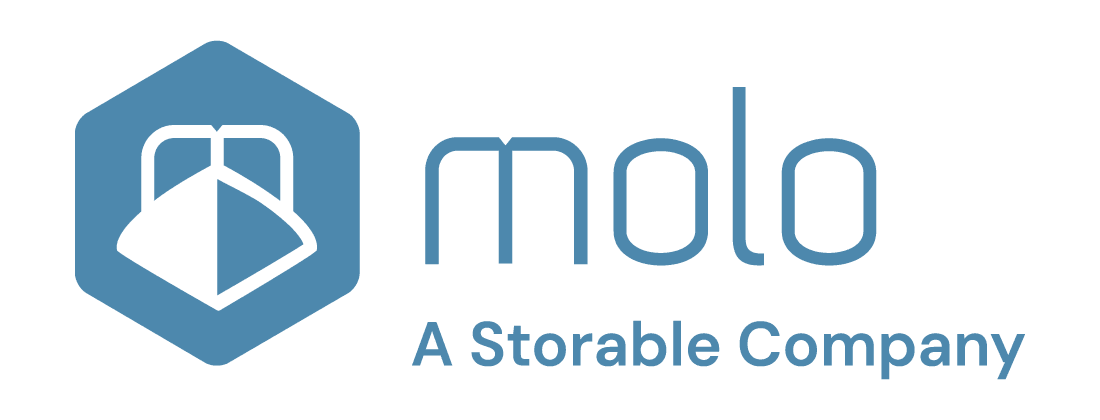The digital era has ushered in the advent of the always-connected business. Even small marinas benefit from the advances in technology which make everything from ordering from vendors to maintaining customer databases an easy task. One facet that doesn’t get quite as much attention from all businesses is cybersecurity, however. Bad actors and cybercriminals are plentiful online, and attacks can be catastrophic. What can you do to protect yourself? Let’s take a look at how to keep your data safe and the steps you can take to protect your business.
What is Cybersecurity?
Cybersecurity in its strictest definition is protecting data, systems, networks, and any other facet of a business from attacks. Let’s face it, even the smallest organization has important data and assets, and understanding how to protect those is crucial. Cybersecurity should also be a consideration for anyone processing financial data, as not being compliant with certain government guidelines can land your business in hot water.
Cybersecurity is important because it means protecting the assets you have on hand. It protects the inner workings of your business from exploitation. Implementing a solid foundation for your business can maintain the trust and respect between your customer and your organization. On the other hand, failing to do so could very well mean you’ve soured your reputation irrevocably.
The methodology behind cybersecurity can be distilled into three important factors:
•People – The actual personnel involved in a business, and one of the most important factors to bolster. •Processes – How your company responds to a cyber attack. Having a game plan means the difference between financial loss or a minor speed bump while your business keeps rolling along. •Technology – The hardware and software used in your business, this can also extend to security-oriented devices.
Types of Cyber Threats
Cybercrime has evolved to be quite sophisticated. There are numerous avenues where bad actors can actively compromise your business. A few common types of threats are as follows:
•Malware – Software that is not authorized to run on your organization’s systems. This includes things like spyware, viruses, and other compromising software. Once run this can open backdoors to your systems, allowing criminals to take any vital information without you being aware.
•Ransomware – This is similar to malware but locks down a system for the purpose of extorting an organization. Criminals maintaining ransomware will seek payment before freeing your system. Paying the actual amount requested doesn’t assure the safe operation of your systems, however.
•Social Engineering – Relies upon the human factor to gain access. Social engineering can take many different forms, but can simply be thought of as a personal interaction meant to gain unauthorized access. This can be combined with other threats to give greater access to valuable assets.
•Phishing – This is similar to social engineering, in so far as it is meant to get sensitive information. Phishing is typically done via emails, where attachments or links can surrender vital data without the victim being any wiser to the attack.
You can see there are multiple threats your marina needs to be aware of. Cybercrime is a field that steadily advances, as each security measure results in criminals having to adapt and try different methods.
How to Protect Your Marina – Tips, Tricks, and Methods for Cybersecurity
Not every business is going to be able to have fully dedicated security staff on call. Despite this, there are still measures that can be adopted for safety’s sake. Any business can have cybersecurity, and it doesn’t require a full-blown security officer to achieve.
People
Personnel is often the weakest link in a business. People are susceptible to a lot of tricks and pressure that wouldn’t necessarily work on a piece of software. What you can do to mitigate this is to have regular periodical training. Training should focus on a variety of threats, like the common ones mentioned earlier. Having this done on a regular mandatory basis makes sure that even the lowest person on the totem pole is informed of the threats and how to avoid them.
The principle of least privilege can also be applied to your organization. This entails that access to systems is kept to the absolute bare minimum of what someone needs to perform their job. This would mean a cashier, for instance, wouldn’t have access to the customer database and so on. Most operating systems in common use allow for this to be easily done with user accounts and group policies.
Processes
Your organization will need to develop contingency plans. These should detail what should happen in the event of an attack, and how your business responds in regard to various areas of compromise. Business continuity plans, or BCPs, are common in businesses with dedicated security staff.
Common BCPs will have the steps described on how to isolate affected systems, diagnose the issue, and mitigate or resolve it while maintaining the core functionality of the other aspects of the business needed to keep it up and running. If your organization doesn’t have dedicated security staff to actually execute the BCP, it might be worth looking at a managed service provider or training a key personnel member. Having a trained cybersecurity professional take a look at the total inventory of your business and develop a plan of action could save time and prevent revenue loss.
Technology
This simply refers to the various security devices which can help keep cybercriminals out of your business’s vital assets. There are numerous things that can be done to secure your business on the technology side of things. Hardware or software firewalls, mobile phone managers, email security solutions, and other pieces of technology can help establish security in depth.
Technology can help mitigate and diagnose many of the common attacks, but shouldn’t be relied on as a single point of failure. Instead, your business should implement security in depth, meaning there are multiple layers to defeat before a criminal take your valuable information.
Cybersecurity Training
If you’re looking to bolster your defenses further, then having personnel engaged in some degree of training is a great means of protection. There are numerous industry-standard certifications aimed at cybersecurity, which cover a multitude of scenarios. Certifications like the Security+, CySA+, and Pentest+ from CompTIA form a comprehensive core of knowledge that touches on all aspects of cybersecurity. These certifications aren’t as expensive as a focused degree and give a solid foundation for any person in your organization to become well-versed in the discipline. Other training certifications from Cisco and ISC2 are also available, which cover more in-depth branches of training.
Most cybersecurity positions will require at least one certification or the equivalent level of experience, and the aforementioned certifications provide a great basis for those looking to get their foot in the door. Other specialized certifications aimed at general IT like the A+ from CompTIA or the CCNA from Cisco for network engineers can also bolster your defensive training.
The Next Step Forward
How do you manage your business in the digital age with such prevalent threats? As with any other daunting task, it’ll take planning, training, and dedication to guarantee the safety of your information. It isn’t an all-consuming task, but if your business is online, it is at risk. Managed service providers or dedicated staff can provide the muscle needed to succeed. As you move forward with your business, consider implementing good cybersecurity practices.
FAQ
Does my organization need cybersecurity?
Cybersecurity isn’t just something intended for tech-oriented businesses, it is applicable to all fields. If you have customers, process payments, and so forth, then those critical sensitive pieces of data are targets for criminals.
Are a firewall and anti-virus good enough for security?
Those are great first steps, but nominally you’ll want more diverse options for protecting your business. Anti-virus programs in particular rely on predetermined definitions, and may not be adequate for newly developed exploits and malware. Firewalls are great at preventing unintended traffic but do little to prevent intrusions from inside the network.
Do I need a dedicated security officer?
Not necessarily, you can contract a managed service provider to handle the more technical end of things. Having dedicated staff is ideal, however, due to them being more tightly integrated into your workplace.


